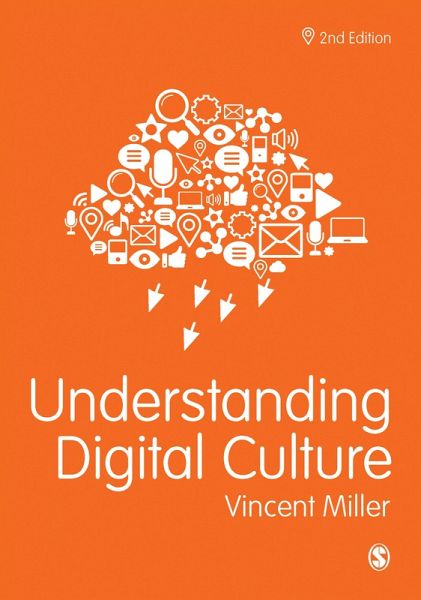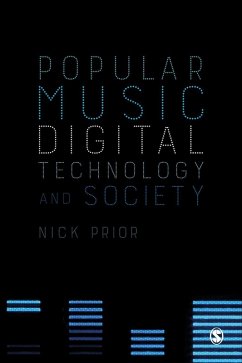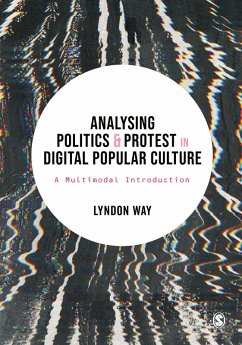
Understanding Digital Culture (eBook, PDF)
Versandkostenfrei!
Sofort per Download lieferbar
32,95 €
inkl. MwSt.
Weitere Ausgaben:

PAYBACK Punkte
16 °P sammeln!
This is not simply a book about 'internet studies'. It is a book that considers many wider forms of digital culture, including mobile technologies, surveillance, algorithms, ambient intelligence, gaming, big data and technological bodies (to name a few) in order to explore how digital technology - in a broad sense - is used within the wider contexts of our everyday lives. "The first edition of Understanding Digital Culture set a new benchmark as the most comprehensive, scholarly and accessible introduction to the area. This latest edition, thoroughly updated and substantially expanded, is even...
This is not simply a book about 'internet studies'.
It is a book that considers many wider forms of digital culture, including mobile technologies, surveillance, algorithms, ambient intelligence, gaming, big data and technological bodies (to name a few) in order to explore how digital technology - in a broad sense - is used within the wider contexts of our everyday lives.
"The first edition of Understanding Digital Culture set a new benchmark as the most comprehensive, scholarly and accessible introduction to the area. This latest edition, thoroughly updated and substantially expanded, is even better - a perfectly balanced book that combines theory and empirical analysis to illuminate the cutting-edge of cultural and social change."
- Professor Majid Yar, Lancaster University
It is a book that considers many wider forms of digital culture, including mobile technologies, surveillance, algorithms, ambient intelligence, gaming, big data and technological bodies (to name a few) in order to explore how digital technology - in a broad sense - is used within the wider contexts of our everyday lives.
"The first edition of Understanding Digital Culture set a new benchmark as the most comprehensive, scholarly and accessible introduction to the area. This latest edition, thoroughly updated and substantially expanded, is even better - a perfectly balanced book that combines theory and empirical analysis to illuminate the cutting-edge of cultural and social change."
- Professor Majid Yar, Lancaster University
Dieser Download kann aus rechtlichen Gründen nur mit Rechnungsadresse in A, D ausgeliefert werden.













